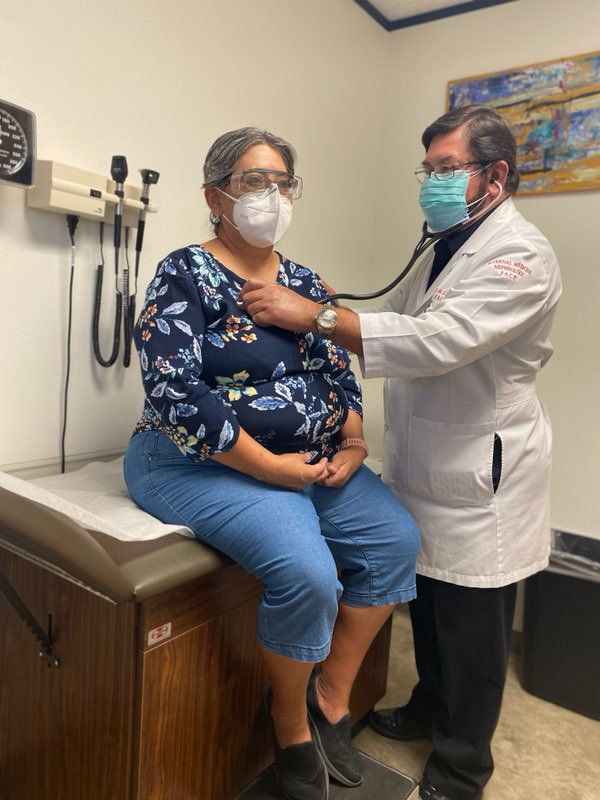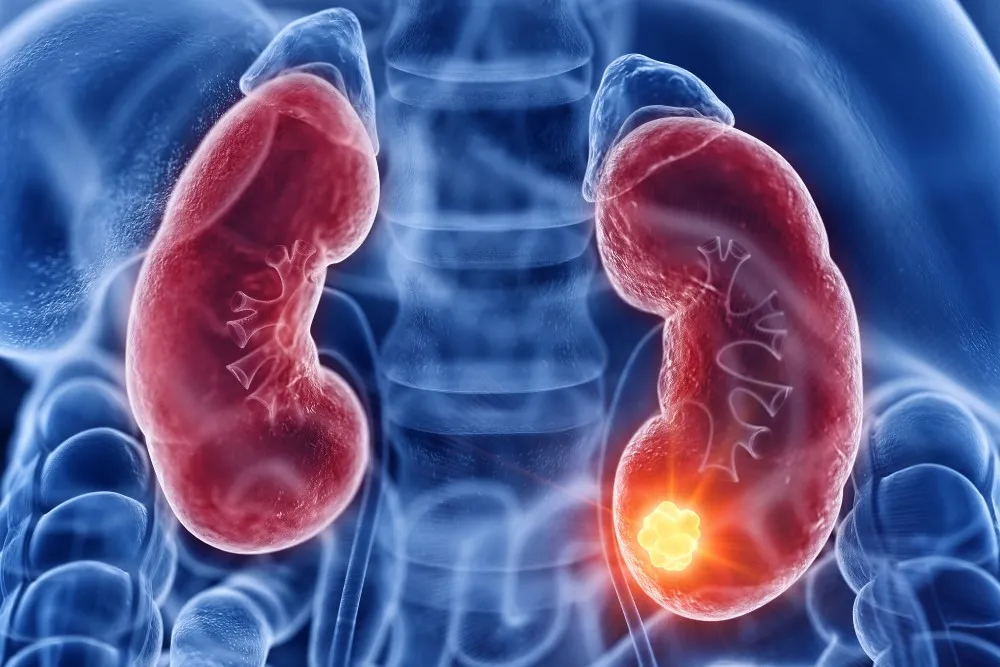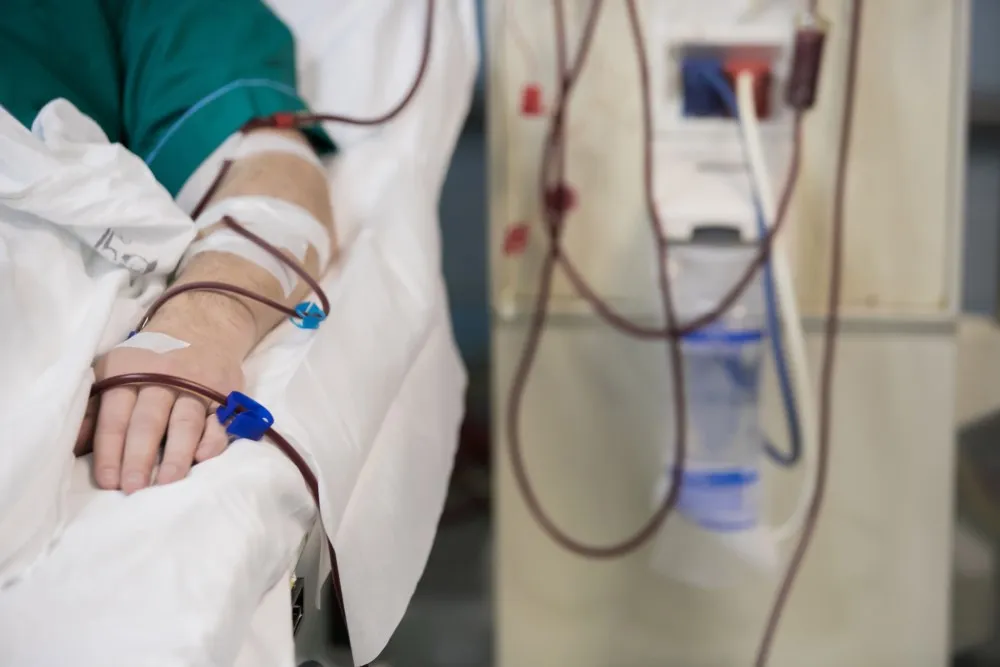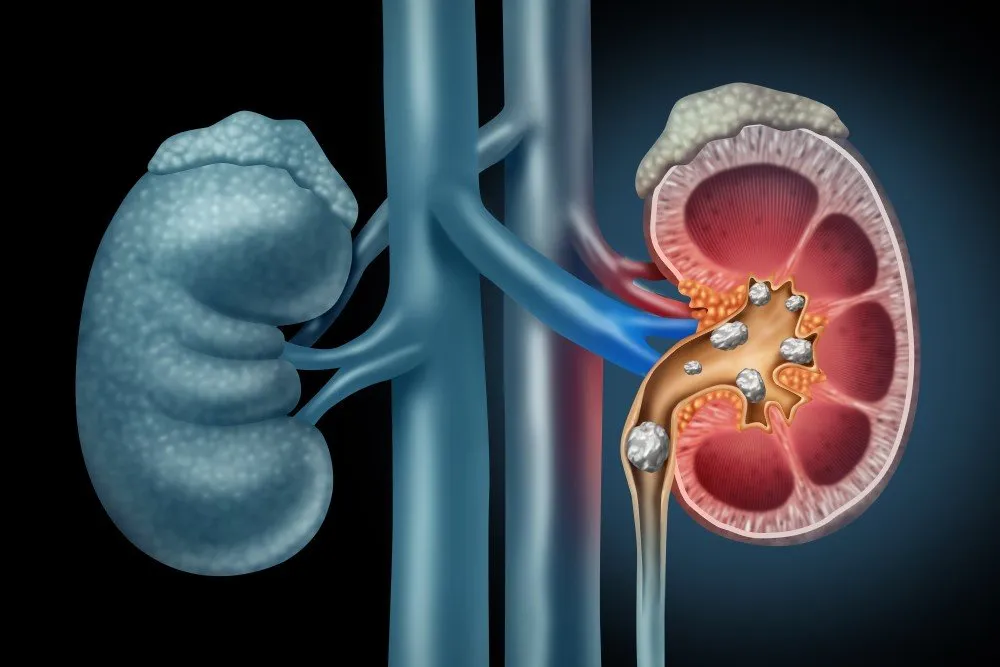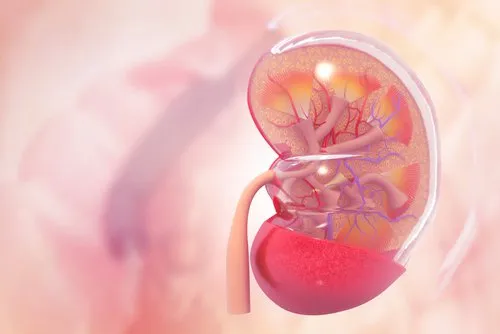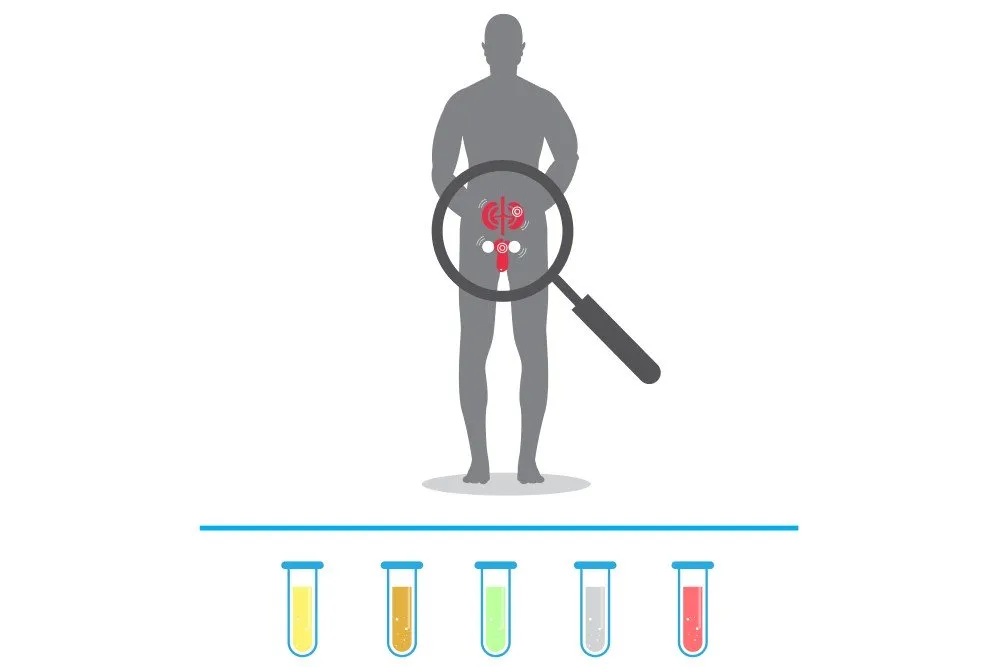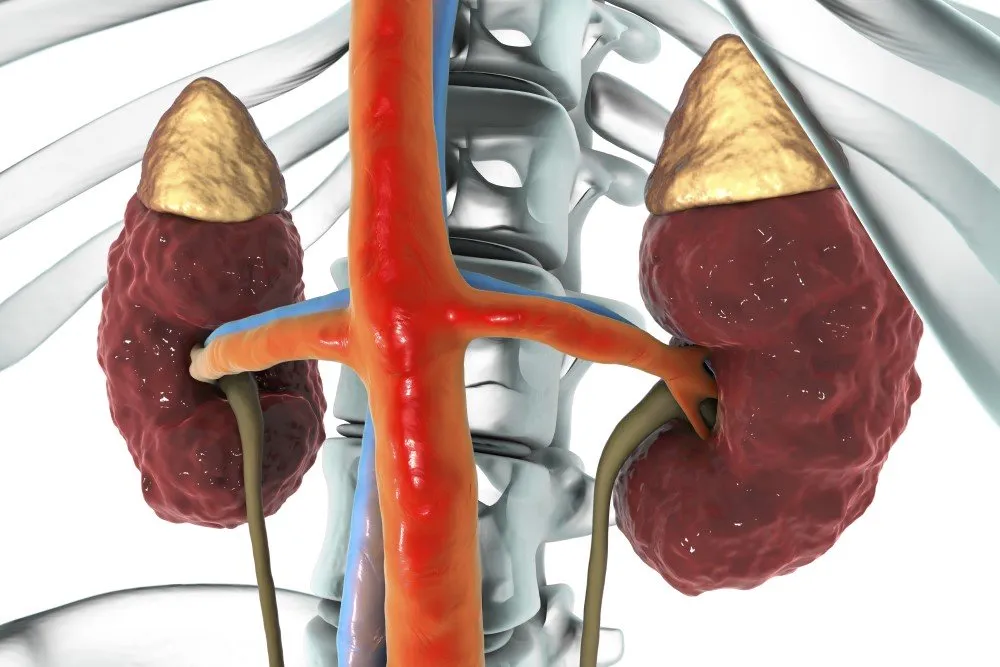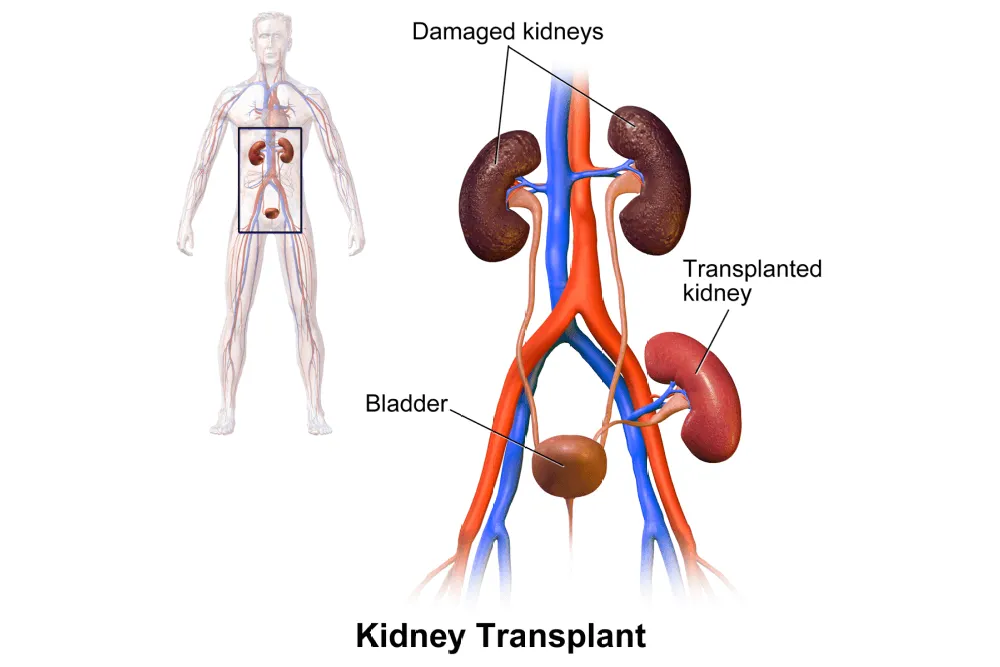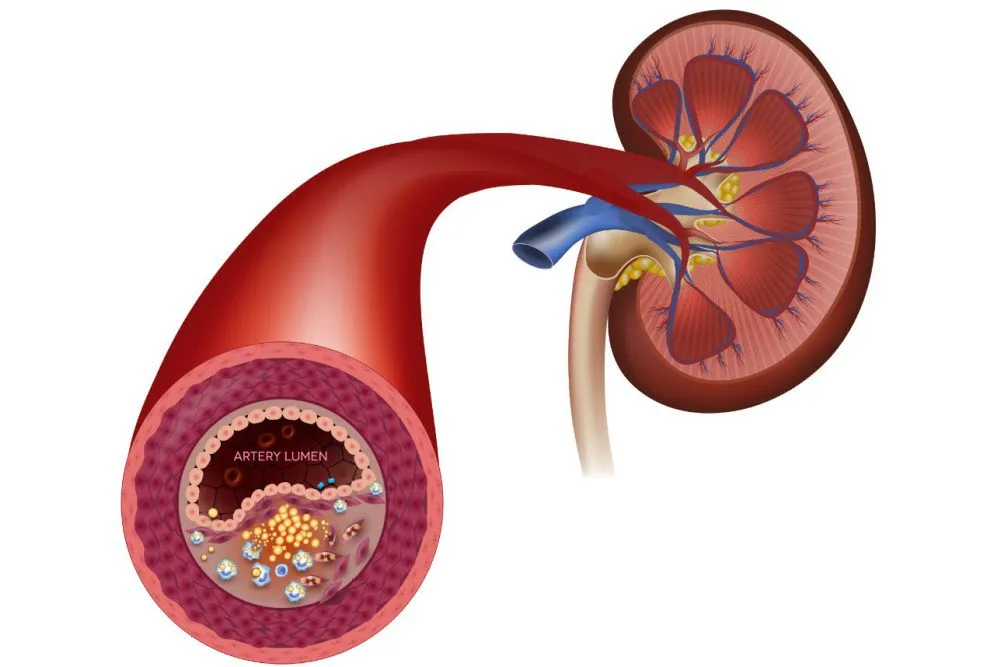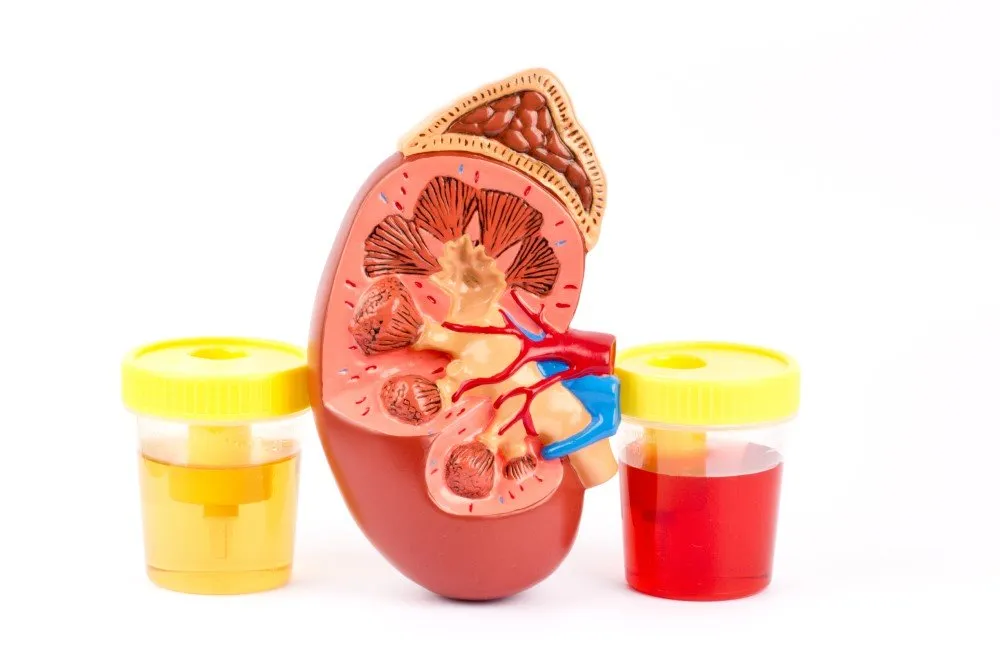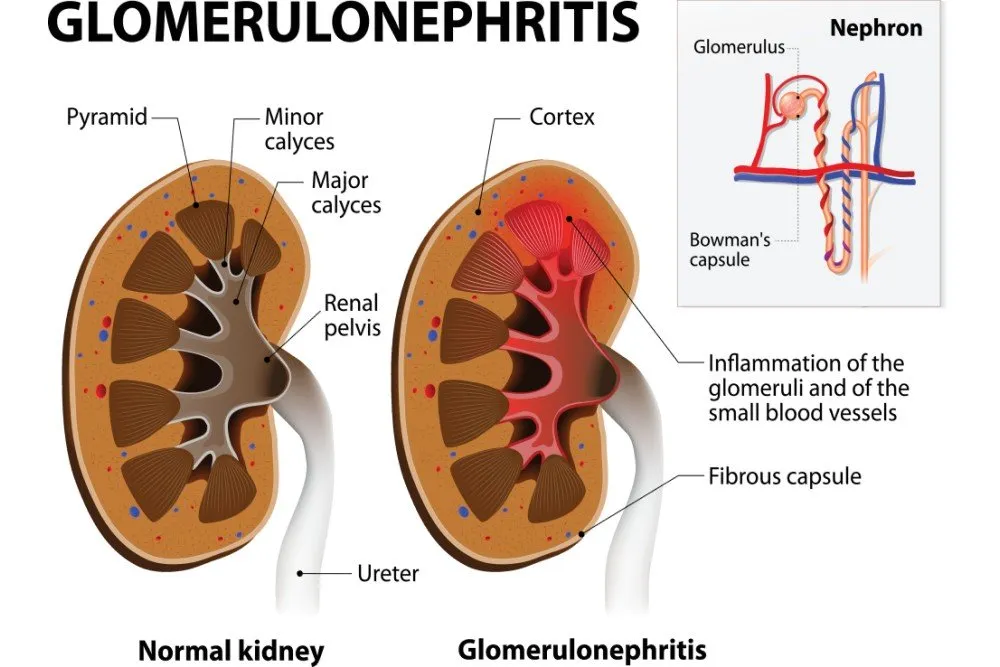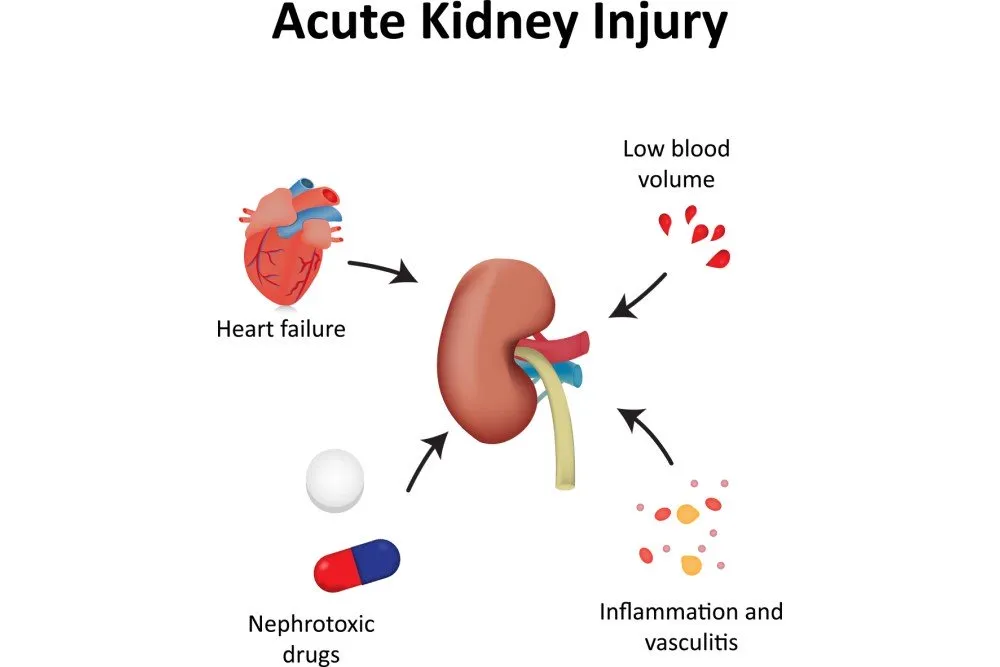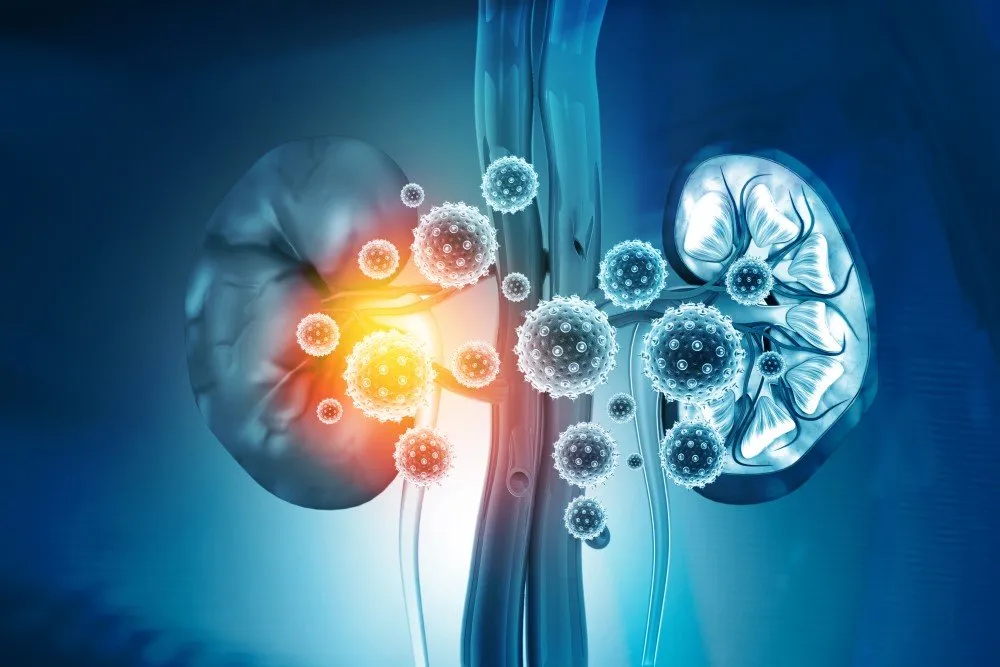
Dr. Manuel Lopez, MD, FACP
Nephrologist in El Paso, TX
REQUEST AN APPOINTMENT Visit Dr. Manuel Lopez, MD, FACP- Mon-Thu: 8AM - 5PM
- Fri: 8AM - 4:30PM
- Sat & Sun: Closed
In Collaboration with Paso Del Norte Nephrology.
Dr. Manuel Lopez, MD, FACP
Nephrologist in El Paso, TXManuel D. Lopez, MD, FACP, is a board-certified nephrologist who has over 20 years of experience with hypertension, kidney transplantation, peritoneal dialysis, hemodialysis, kidney stones, acute kidney injury, and other types of renal problems. He maintains privileges in all the private hospitals and accepts many insurance plans.
Dr. Lopez graduated from the very highly-regarded Universidad Michoacana de San Nicolas de Hidalgo School of Medicine in Morelia, Michoacan, Mexico.
Internship was completed at Frankford Hospital in Philadelphia, PA.
Residency at Eastern Virginia Graduate School of Medicine in Norfolk, VA.
Nephrology fellowship was finished in 1996 at the University of Texas Health Science Center in San Antonio TX.
After finishing the fellowship Dr. Lopez came to El Paso to set up his office and has been working here ever since.
Dr. Lopez served as Chief of Medicine in 2003 and Chief of Staff in 2005 at Del Sol Medical Center.
Currently he is medical director of acute dialysis at Del Sol/Las Palmas Medical Centers.
Professional Organizations
- Fellow of the American College of Physicians
- Member of the American Society of Nephrology
- Member of the Renal Physicians Association

